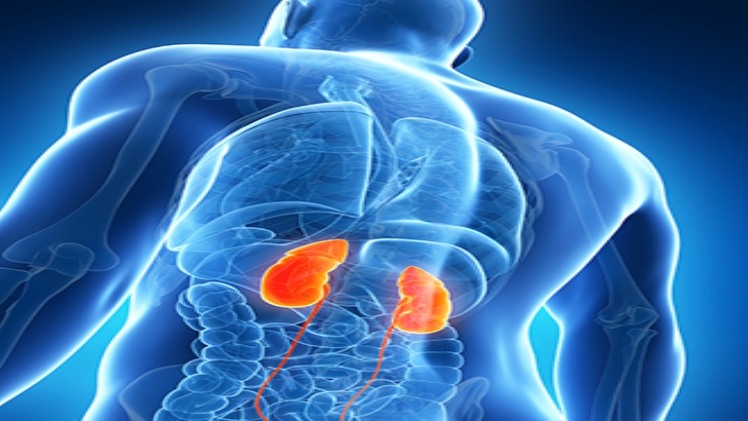Kidney Disease in Diabetes:

Diabetes is a condition in which sugar levels in your blood remain elevated. It occurs when your body is unable to get sugar into cells.
Under normal conditions, your pancreas secretes a hormone called insulin, which helps get sugar into the cells. Sometimes, the cells that produce insulin may get damaged, or the cells in the body may become unresponsive to the effect of insulin, due to which the sugar levels remain elevated.
Diabetes is a serious condition that requires treatment. If left untreated, it can have various complications and can affect almost every organ in the body. Diabetes Can affect the function of the kidneys too. Kidney disease due to diabetes is medically known as diabetic nephropathy.
In this article, we are going to discuss kidney disease due to diabetes. If you have diabetes and notice kidney problems, you can visit a Nephrologist in Karachi.
How does diabetes affect the kidneys?
When the glucose levels in the blood start to get high, the kidneys start to filter it and remove it from the body through the urine.
buy norvasc generic infoblobuy.com/norvasc.html over the counter
Too much filtering glucose puts stress on the tiny filtering units in the kidneys called nephrons, which results in proteins leaking into the urine.
Too much glucose circulating in the bloodstream also causes blood vessels all over the body to harden. When the tiny blood vessels in the kidney (glomeruli) become hardened, it’s known as glomerulosclerosis.
Hardening of the glomeruli affects the normal functioning of the kidneys’ filtering abilities.
Signs and symptoms of diabetic nephropathy:
Kidney disease in diabetes may remain asymptomatic for a long time, and you may barely notice any signs or symptoms. However, when the damage advances, it can produce symptoms such as:
- Loss of appetite
- Nausea
- Vomiting
- Swelling of the hands, feet, or eyes
- Feeling tired
- Frequent need to pee
- Difficulty concentrating or feeling confused
Diagnosis of diabetic nephropathy:
Generally, when a person gets diagnosed with diabetes, doctors suggest routine urinary tests to screen for any kidney problems. If you get diagnosed with diabetes, your doctor may suggest the same. You should not miss these tests as they are essential in detecting any kidney problem.
Healthcare providers usually order a urine test to diagnose kidney disease due to diabetes.
When there is any problem with the kidney, a detailed examination of the urine reveals the presence of proteins that should not be there in otherwise healthy kidneys. Your doctor may also order blood tests to get a better picture of the disease.
Usually, doctors make the diagnosis based on symptoms, history, blood and urine tests. Rarely, they may suggest a kidney biopsy to make a definitive diagnosis. In this procedure, the doctors remove a piece of tissue from your kidneys and send it to the laboratory for detailed investigations.
Treatment of diabetic nephropathy:
The treatment of diabetic nephropathy is aimed at:
- Strict control of blood glucose level
- strict control of blood pressure
- Managing blood cholesterol levels
- Managing the protein intake in the dietVisit The Site: healthwebnews
Outlook:
If diabetes is detected and treated early, kidney disease due to diabetes can be prevented. After you get diagnosed with diabetes, it is crucial to manage your blood glucose levels and follow what your doctor advises you.
buy prednisone generic infoblobuy.com/prednisone.html over the counter
For more information Visit this site: bitconnews
You should get screening tests done as your doctor suggests to prevent any complications of diabetes. If you have diabetes and notice any symptoms of kidney disease, you can visit a Nephrologist in Islamabad.





